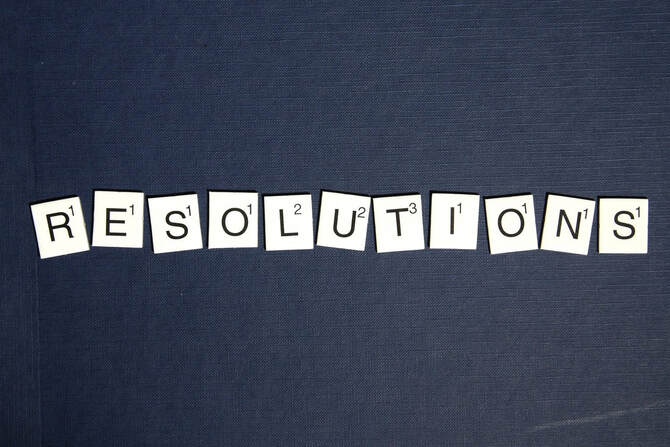|
Ancient Babylonians – the first people to make New Year’s resolutions some 4,000 years ago – made promises to their pagan gods to pay their debts and return any objects they had borrowed. For them the new year began in mid-March, crop planting time.
In Rome, emperor Julius Caesar established January 1 as the beginning of the new year (46 B.C.), and Romans promised the deity Janus good conduct in the coming year. For early Christians, the first day of the new year became the traditional time of looking back at one’s mistakes and resolving to do better in the future. Today, despite religious roots, New Year’s resolutions are notably secular. Generally, we don’t make promises to gods. We make promises to ourselves with a focus on self-improvement. How successful are we in fulfilling our promises? Researchers report that while as many as 45% of Americans say they usually make New Year’s resolutions, only 8% are successful! Hoping to beat these dismal odds, here are my resolutions for 2024:
Note: Information about the history of New Year’s resolutions came from writer Sarah Pruitt’s online gem of an essay.
0 Comments
Leave a Reply. |
Author BLOG
I'm Shirley Melis. You may know me as Shirley M. Nagelschmidt, Shirley M. Bessey and now, Shirley M. Hirsch. Each reflects a particular phase of my life. Banged-Up Heart is a slice of my life's journey and in telling my story, I'm giving voice to my long silent "M" by reclaiming my maiden name, Shirley Melis. Archives
January 2024
Categories
All
|


 RSS Feed
RSS Feed